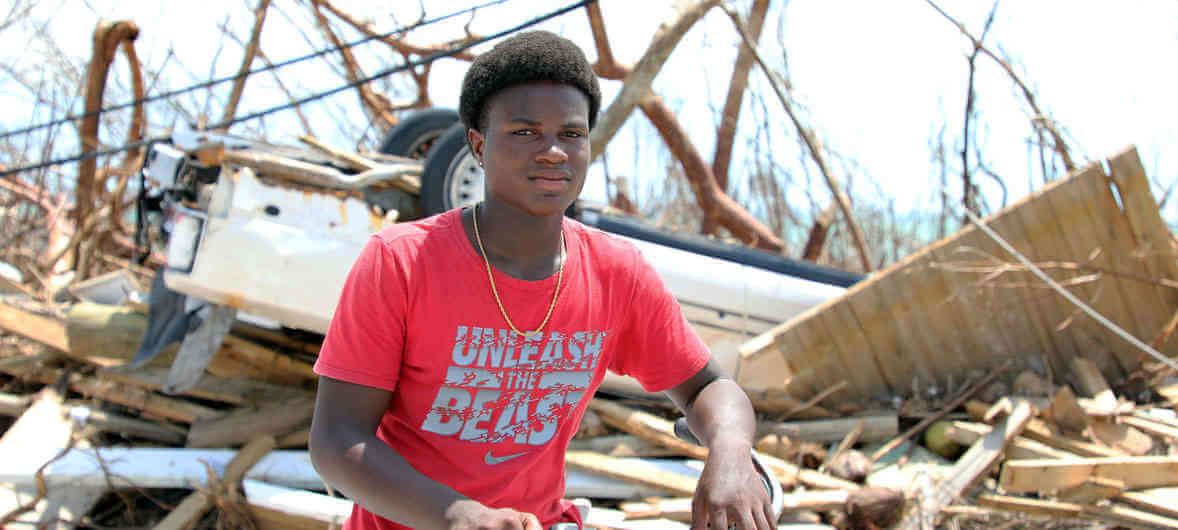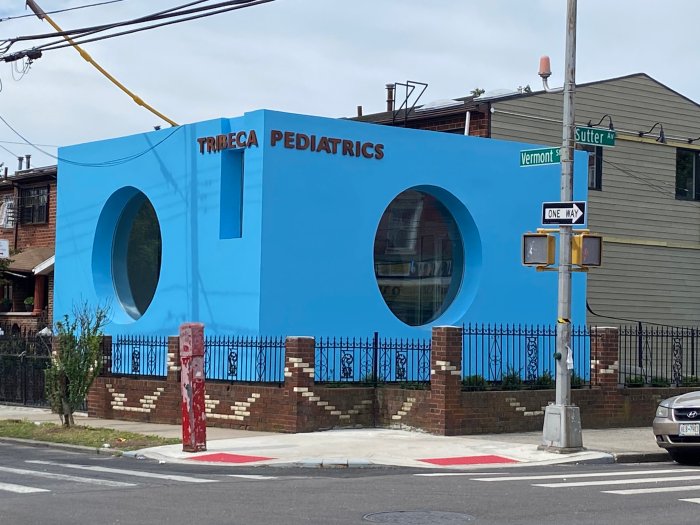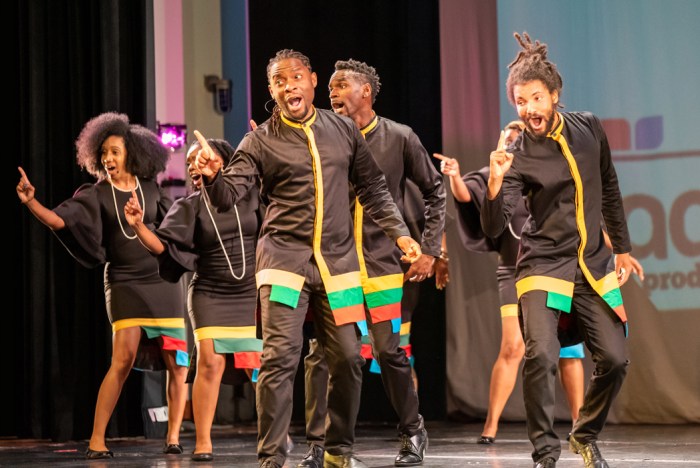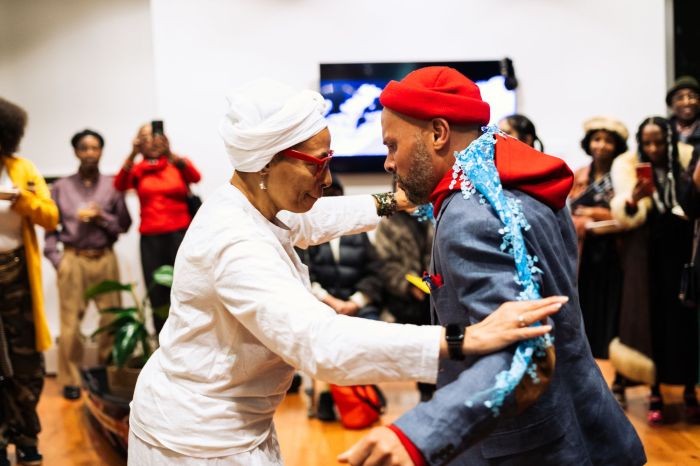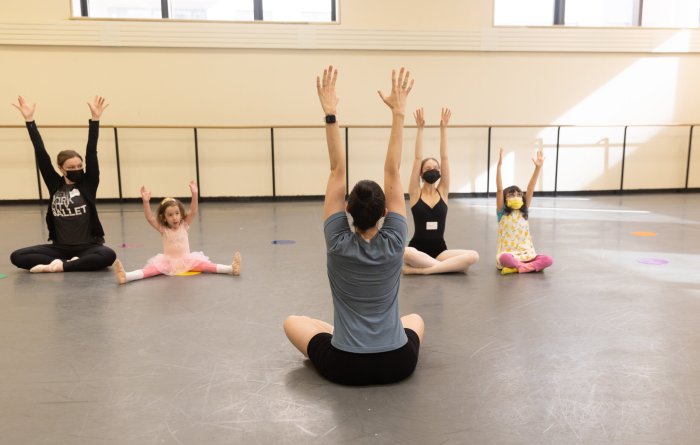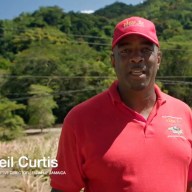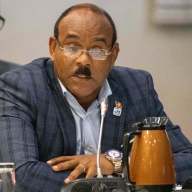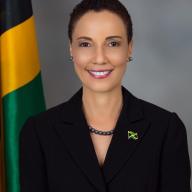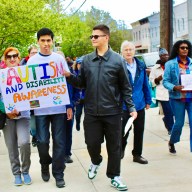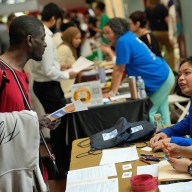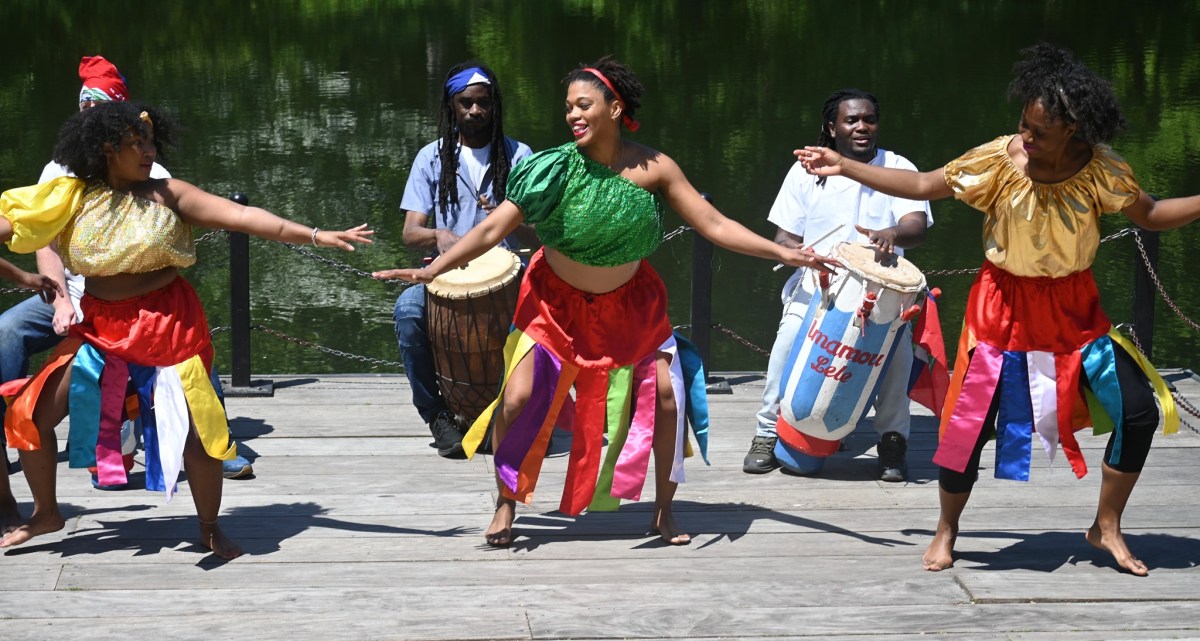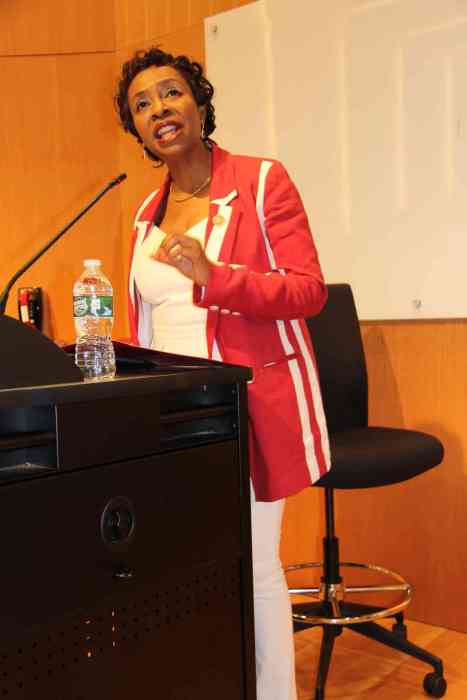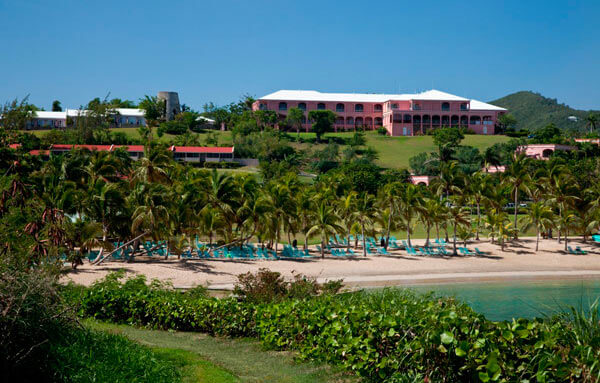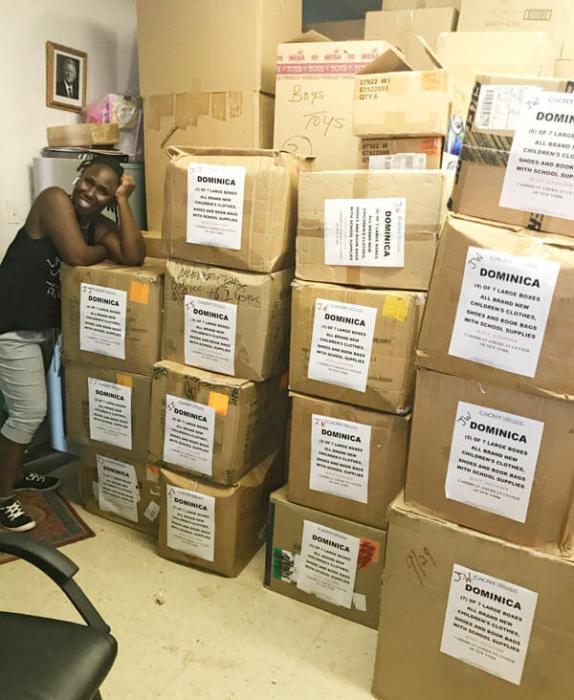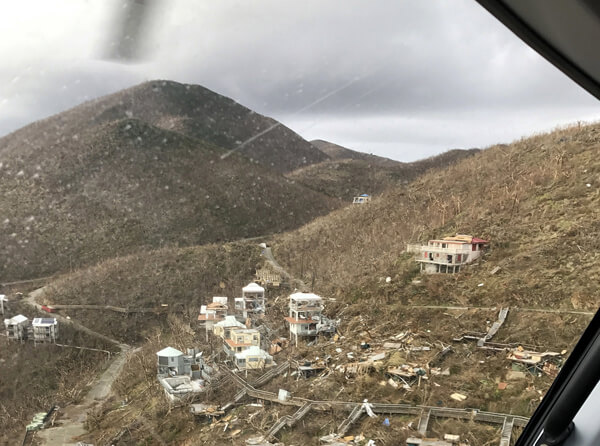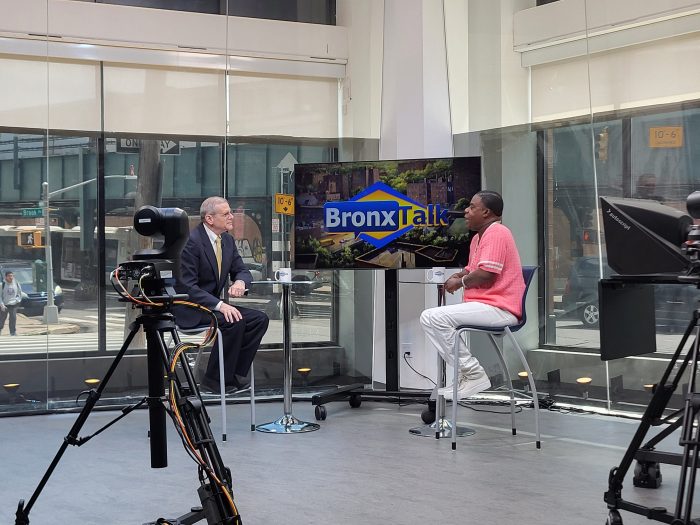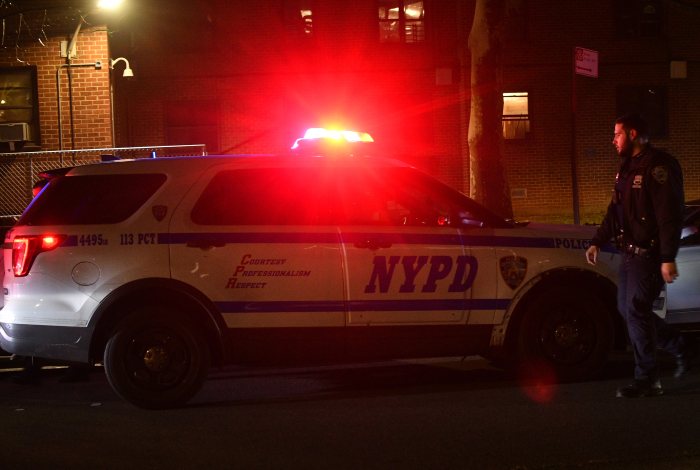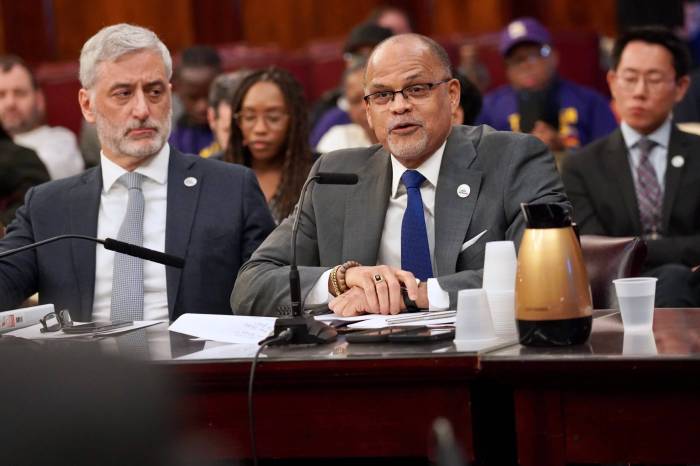The United Nations Children’s Fund (UNICEF) said on Sunday that “the clock is ticking” for Hurricane Dorian survivors in the Bahamas to receive humanitarian assistance.
“Children and their families who survived the hurricane have lost their homes, their livelihoods, their relatives, and have been left with little water or food”, said Youssouf Abdel-Jelil, UNICEF Deputy Regional Director for Latin America and the Caribbean.
He said nearly 1.5 tons of lifesaving supplies that will help provide safe water for more than 9,500 children and families left reeling by Hurricane Dorian have arrived in Nassau, Bahamas.
Abdel-Jelil said UNICEF’s first shipment of water, sanitation, and health supplies, which was transported by the International Federation of Red Cross and Red Crescent Societies (IFRC), includes water purification tabs for about 9,500 people for two weeks.
The United Nations said the Category 5 storm that hit last Monday left behind “a path of destruction unprecedented in this Caribbean country.”
“Almost five days after the hurricane struck, safe drinking water is now the most urgent and valuable lifesaving item, especially for mothers and children”, underscored Abdel-Jelil.
Based on initial figures from the Caribbean Disaster Emergency Management Agency, an estimated 18,000 children in the Abaco and Grand Bahama area are in urgent need of humanitarian assistance, UNICEF said.
Fifteen-year-old Benson Etienne was living with his family of eight in a two-story building when Hurricane Dorian slammed Abaco Island for 40 hours.
He told UNICEF that the roof was the first thing to disappear, then the windows. But, he said, they managed to escape into the strong winds and rain before the walls collapsed.
“We had to swim for our lives in dirty water, fighting against strong currents”, Etienne said.
In the aftermath of Hurricane Dorian, UNICEF said it “rapidly deployed” a team to the Bahamas.
On Sunday, UNICEF said an assessment mission toured Abaco, the area hardest hit, “where they witnessed widespread devastation and destruction.”
“In and around Marsh Harbour, schools and hospitals were flattened, houses and roads collapsed, and cars and boats left hanging from trees,” UNICEF said. “The team evaluated the need for critical services, including for health, education and shelter facilities.”
Abdel-Jelil said “the full scale of the destruction on the ground is still being assessed, but initial assessments indicate that in some parts of Abaco, roads, ports and other transport facilities have been partly or totally destroyed.”
UNICEF said aerial reconnaissance and preliminary assessments indicate that flooding may have also compromised water and sanitation systems in Abaco and parts of Grand Bahama, putting children and families at risk of contracting waterborne diseases.
“Damaged infrastructure makes the delivery of humanitarian aid extremely challenging,” Abdel-Jelil said. “The most vulnerable families, especially children, are likely to be the hardest to reach”.
In collaboration with UN agencies and other humanitarian partners, UNICEF said it is working with the Bahamian government to distribute lifesaving supplies to families as quickly as possible.
UNICEF is also urgently appealing for US$4 million to scale up its humanitarian response and address the most immediate needs of children and families across the Bahamas, including access to safe drinking water and sanitation, nutrition, psychosocial support and non-formal education activities.


